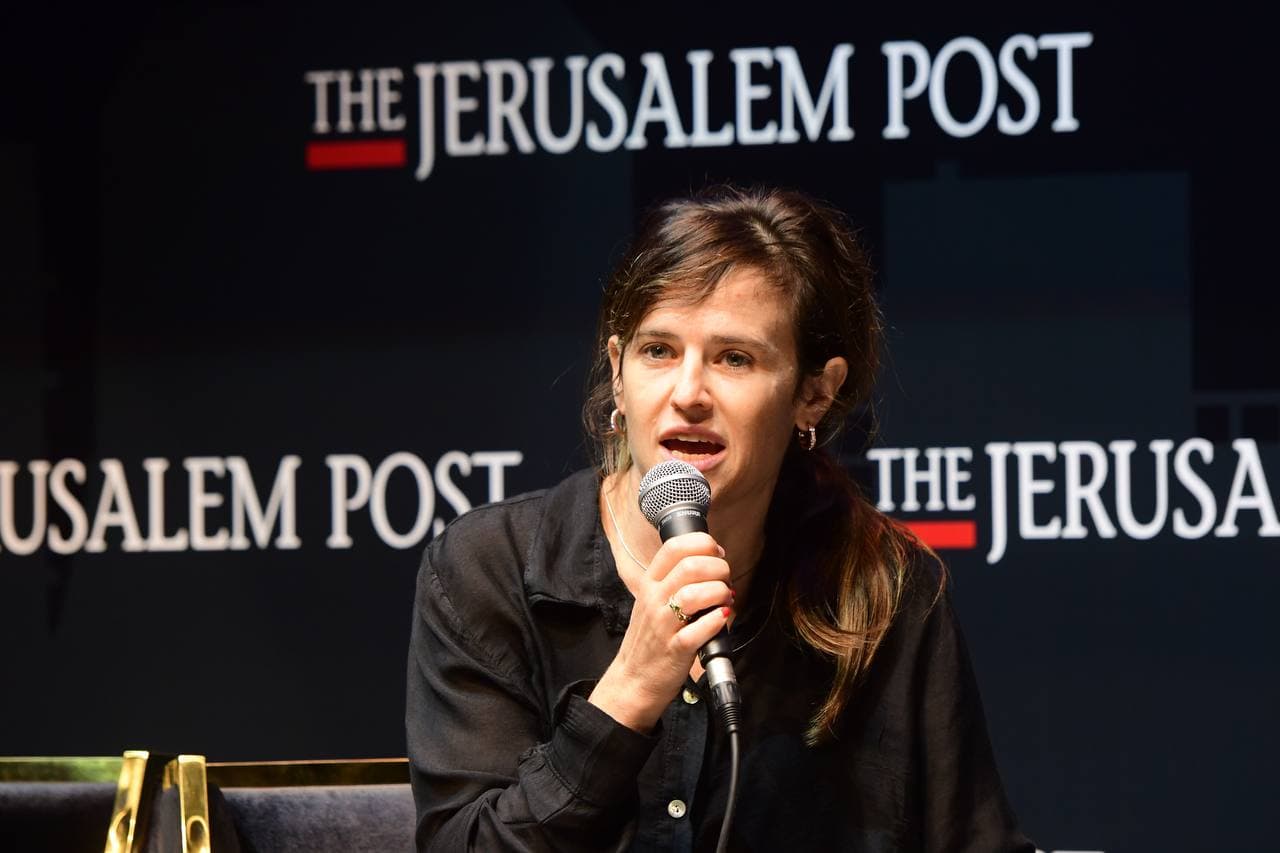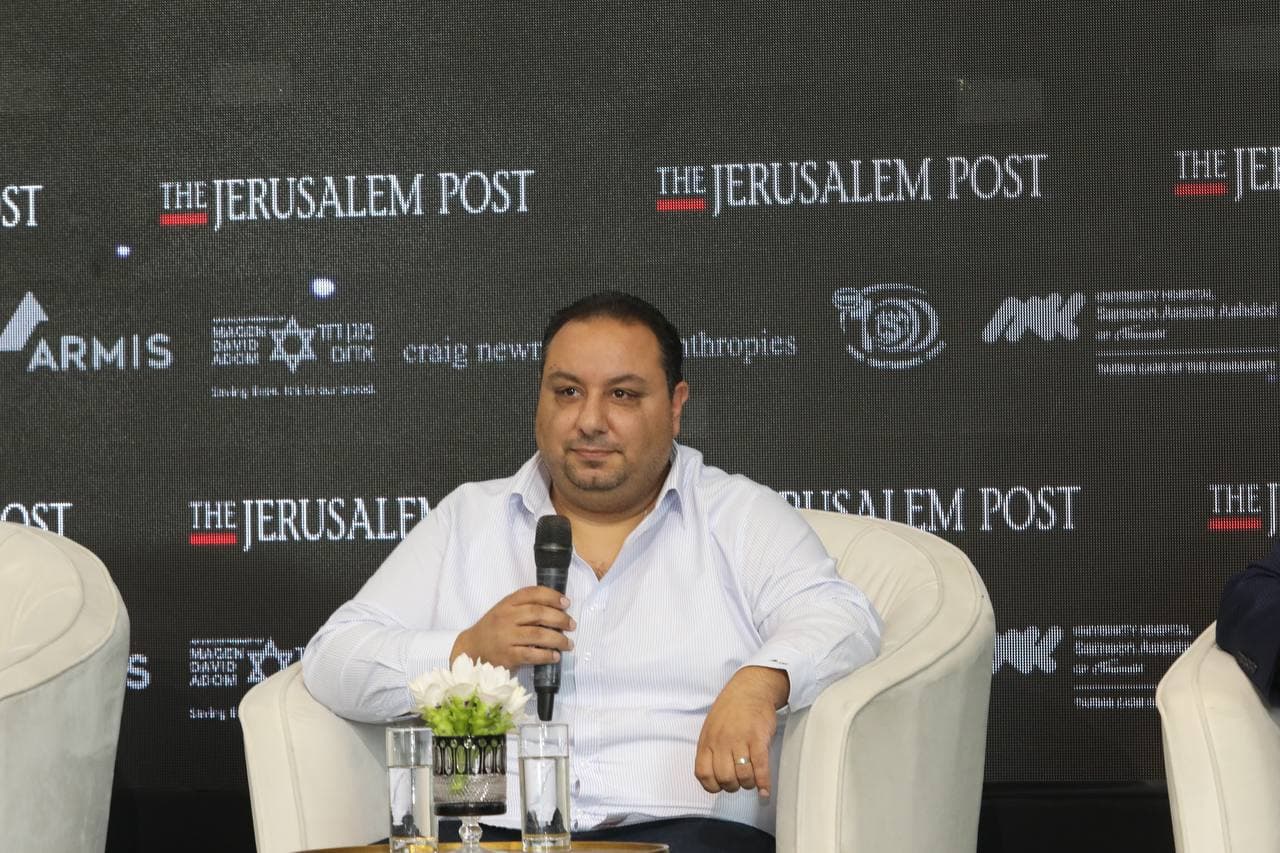According to Check Point CEO Gil Schwed, Coronavirus has made cyber threats more significant and more dangerous.
“Before COVID, we ran our lives 50/50 between the physical and cyber worlds,” he said. “During the pandemic, it became 90/10. Now it’s almost 80/20.”
As almost everything people began to consume had to go online, companies moved their infrastructure to the cloud, which is susceptible to cyberattacks, he said.
Additionally, attackers had plenty of time to stay at home and design software to attack that infrastructure.
“I’ve talked about fifth-generation attacks,” Shweed said. He said, ‘I have been speaking about this for the last three-four years. But by early 2021, it has become something that is no longer a rarity… Attackers have become more sophisticated.”
In addition, he added that “our vulnerability landscape” has grown too large.
“Think of a bank. Even though the door was physically closed, people only had to work there. Now they can work from home. People in a factory – it was a closed network. Now the outside world may attack it, because people are keeping it from home, and vendors are keeping it from home,” said Shweed. “The challenge we have to solve right now is much bigger than it was two years ago The challenge two years ago was huge.”
And it’s getting personal.
“The threats to our national security or our water supply or in many cases the energy supply are tantamount to threats to our privacy,” Shwed said.
Shirona Partem, Vice President of Corporate Development and Strategy at Cape Technologies, expressed a similar sentiment. His company focuses on helping people protect their personal information.
 Shirona Partem (Credit: Mark Israel Salem)
Shirona Partem (Credit: Mark Israel Salem)
During an interview at the conference, she suggested that he had obtained all their names and the websites they had visited in the last day and brought that information with her.
“I don’t really have that information,” she quickly admitted, “but almost thousands of companies around the world at the moment have exactly that information. Today in the Cape, we have more than six million payers globally. There are customers, primarily in the US and Europe, for whom we help protect their privacy, their digital identity, what is shared online and what is not, and their digital security.”
She said that most attackers are looking for personal information, such as a person’s name, background, bank account details, but also where you were yesterday and what you are interested in.
“This information is used by companies, and more so by suspicious entities, to target you,” Partem said.
He said that every 39 seconds a person’s computer is attacked. Furthermore, while individuals surf about 50 sites a day, an average of 1,000 other websites they didn’t even know have access to all of their information.
“It’s a problem on some levels. First, the most obvious, of course, is identity theft. And the ability to take what’s yours and pretend to be you and take money on your behalf, etc. It’s essentially becoming more and more real because our identities are online,” she said. “The other is in terms of actually knowing things about you that you don’t want them to know.”
She recalled a situation a few years ago when Target began advertising baby products to a 16-year-old girl who was able to determine she was pregnant, but whose parents didn’t yet know.
“We don’t know what other companies are doing with this data, but they are able to influence our decisions, and that’s what we call micro-newsing. So once you know things about people, So you can motivate them to behave,” Partem explained.
But a third factor, which she said is “most scary” is that companies with enough data can predict what people feel and what action they will take in those situations.
“They know that when you’re sad, eating ice cream makes you shop more as well, so maybe I make you sad,” she said. “And there are other behaviors like this that I think are becoming very dangerous.
“Cape will help people manage this, and we are now developing more and more ways for you to decide who will know and what they will know about you,” she concluded.
For Israel, the cyber industry was also large and important. But COVID exacerbated it.
Armis Security, which participated in the cyber discussion at the conference, said it is now protecting more than a billion devices around the world.
 Ruby Aronashvili (Credit: Mark Israel Salem)CYE CEO Ruby Aronashvili, which works to meet the full spectrum of cybersecurity needs of a company, also said it is “amazing to see how the ecosystem has evolved” into a multi-billion dollar ecosystem. has been made.
Ruby Aronashvili (Credit: Mark Israel Salem)CYE CEO Ruby Aronashvili, which works to meet the full spectrum of cybersecurity needs of a company, also said it is “amazing to see how the ecosystem has evolved” into a multi-billion dollar ecosystem. has been made.
Armis co-founder and CEO, Yevgeny Dibrov, said Israel is transforming from a start-up nation to a nation at large, especially in the cyber sector. He said that six or seven years ago, the dream was “really to exit one of the biggest sellers around. Now, the dream is basically to take the company public, not to build a real giant trading platform.” of a feature or product.
“And that’s really exciting what we’re seeing right now.”